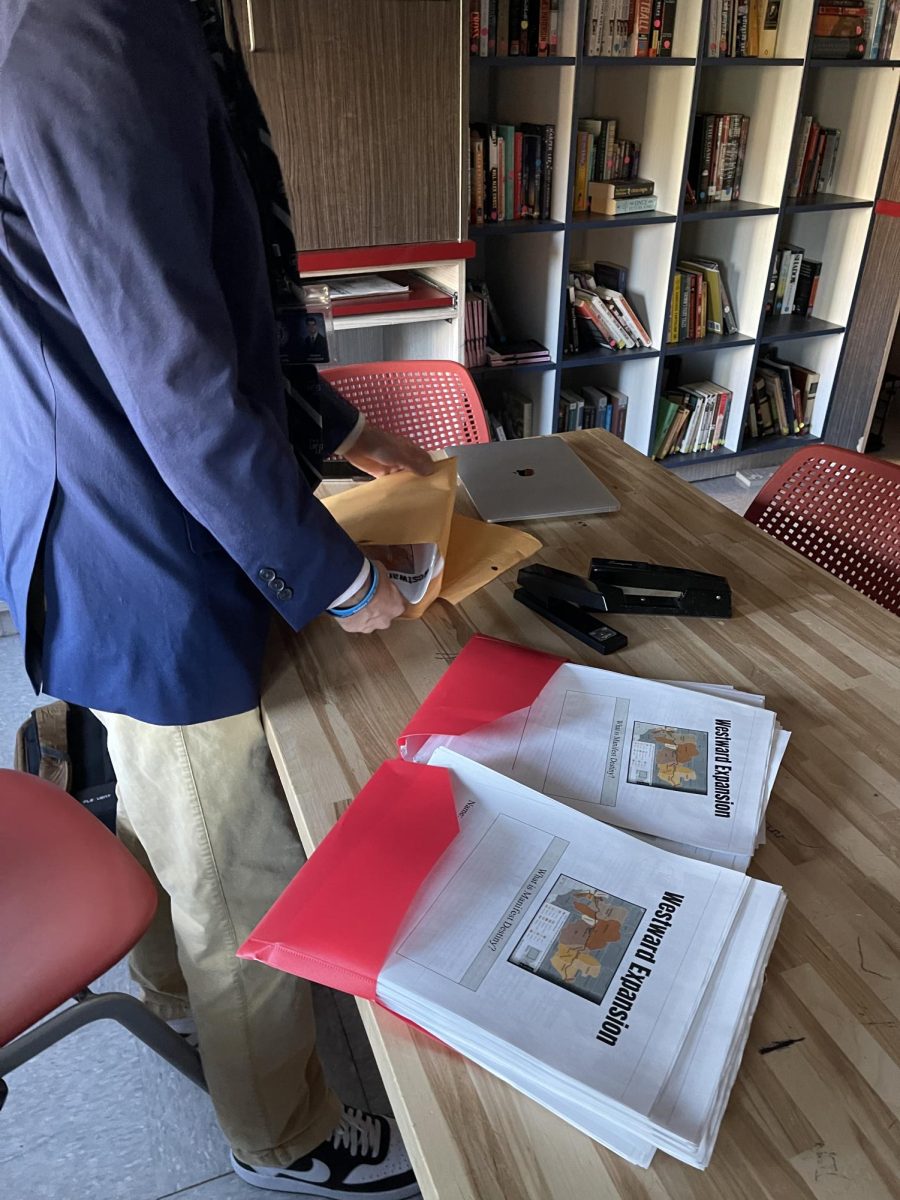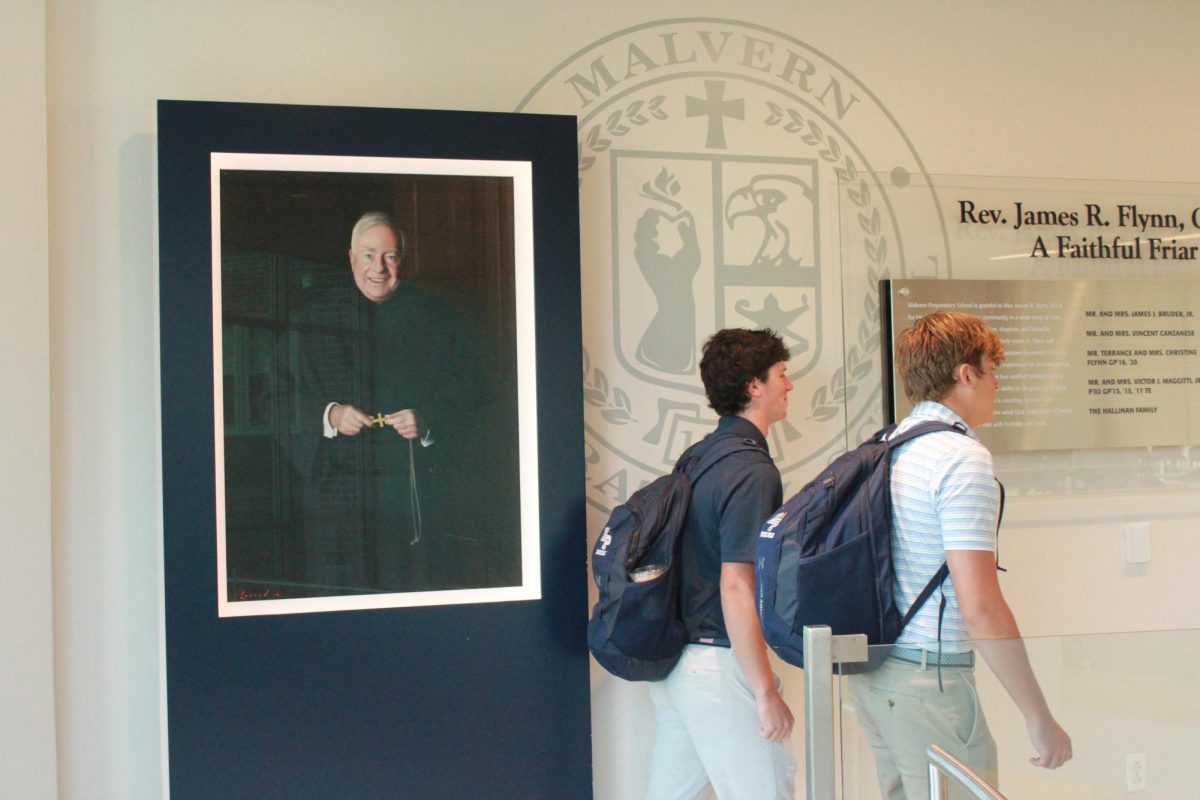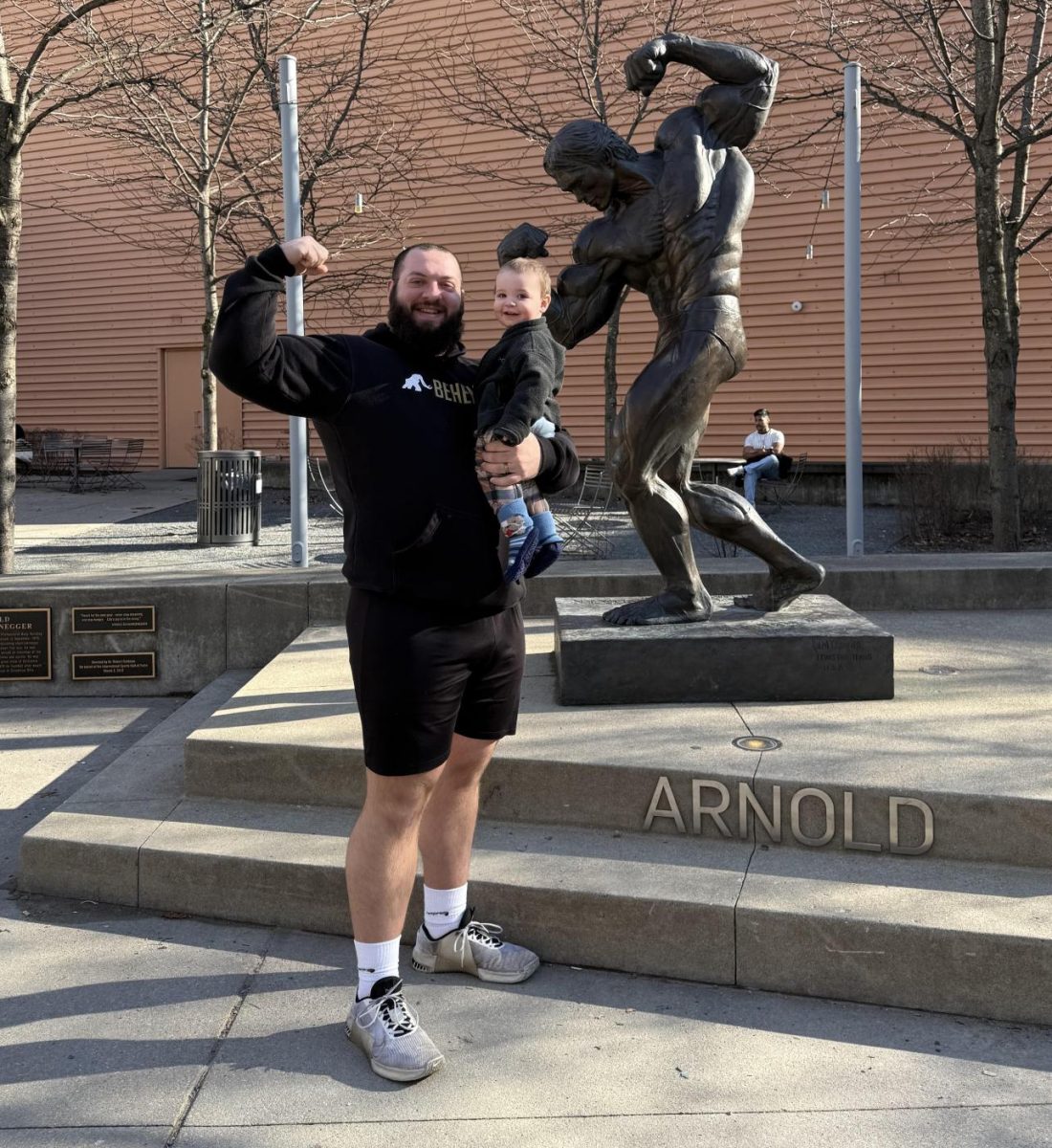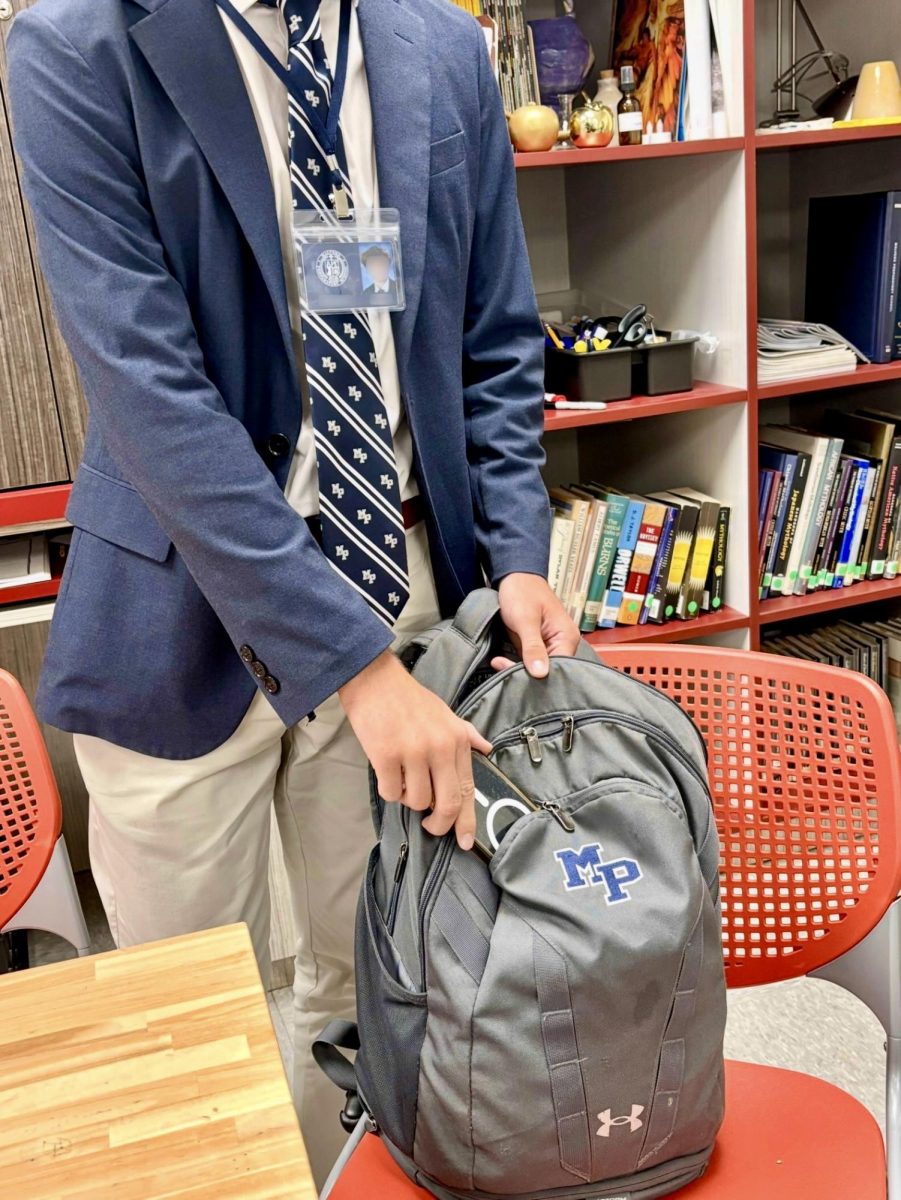The former nuclear submarine captain and nuclear power plant chief engineer will move on to teach elsewhere.
Captain Robert W. Boyce will retire from Malvern at the end of this year. He has taught chemistry and physics, brought the AP Chemistry program back, and founded the Robotics Team during his time at Malvern.
Teaching is the most recent career path for Boyce. He previously served in the Navy and worked as the Chief Engineer at the Limerick Nuclear Power Plant.
Known affectionately as “The Cap,” Boyce is a “Delco Boy” who grew up in Darby, Pennsylvania. He was raised a Catholic and remains a strong Catholic to this day. Neither of Boyce’s parents had education passed sixth grade.
He attended Monsignor Bonner High School. He was accepted to Malvern and would have received a scholarship, but did not have a way of getting to school every day. At Bonner, his tuition was $200.
At the end of his high school career, Boyce earned the Navy ROTC scholarship that would pay for his college tuition. Without that scholarship, he would not have been able to go to college.
Boyce never applied to a single college, but he ended up at the University of Pennsylvania. His guidance counselor at Bonner, Fr. John Melton, managed to get him accepted without ever submitting an application.
“Penn was a shock for me after 12 years of Catholic upbringing to find that people didn’t believe the way I believed,” Boyce said. “It was hard.”
Academics were also challenging for him at Penn. “I might have been a very good student at Bonner, and I took all the courses that they gave,” he said. “I was so far behind many the people [at Penn] especially in Math and Science that I really struggled to catch up while I was at the university.”
Despite his initial struggles, Boyce graduated with a degree in Electrical Engineering. Soon after, he married his highschool sweetheart.
“The Navy taught my brand new wife a never-forgotten lesson,” Boyce said. “We were married on Saturday. We arrived Tuesday morning. The following Monday, I left for places unknown and for an indeterminate amount of time.”
Boyce entered the Navy’s nuclear power division, specifically working with their submarines. Admiral Hyman Rickover, whom Boyce called one of his best role models, wanted Boyce to work with him in Washington. Boyce said that Rickover tried to persuade him by locking him in a closet for hours, but he stayed resolute in his resolve to go to sea.
By the end of his 26 year naval career, he had commanded two submarines.
“My last tour was in Washington DC as a program manager,” he said. “It was, without a doubt, from each standpoint of my ethics and morals, the most challenging.”

Boyce said that he spent that time “fighting” with Congress and the Navy. At the end of his final tour, Boyce had seven children, three of whom were in college, and he couldn’t afford to be in the Navy. He retired from the Navy and went to work in the nuclear power industry in the early 1990’s.
“Did I really want to work in the nuclear power industry? No. I was fully qualified, and it payed very well,” he said. “I made more money in the first year I worked for Exelon than I did for the previous three years or four years in the Navy.”
Boyce ran the nuclear power plant in Limerick, Pennsylvania for ten years. From that job, he was able to pay undergraduate tuition for each of his seven children.
Ten years later, Boyce would have had to move to Chicago to keep working at the company due to a merger.
While he was working at the power plant, Boyce’s wife passed away from cancer.
“She didn’t ask very much, but she said to me [that] she would like to see the boys that were still at home finish their education, their high school and all, in the area so that they were with family,” Boyce said. “So I told Exelon I would not move to Chicago.”
Boyce and Exelon parted ways, and decided he wanted to teach— something he wanted to do all his life but could not afford to do.
One of his professors from freshman year at Penn advised him to not teach at universities, but instead to teach at a good secondary school. Boyce recalled the advice. “Teach the sciences and show the students that scientists and engineers are not geeks or weirdos. They can be really good people and, in fact, they have impact on the world,” he said.
In 2001, Boyce landed a long-term substitute position at Malvern for the fourth quarter of the 2000-2001 school year. He later became a full time teacher starting the following school year in the fall of 2001.
“They took a risk because I had never stood in a classroom like this, but I had taught in the power plant. I had to give lectures, a lot of them. I had given lectures internationally,” he said. “I give to Fr. Flynn, Jim Stewart, Tom Stewart, Steve Valyo a lot of credit for having the guts to hire me as a pig and a poke.”
Many students are familiar with Boyce’s varied idioms and expressions. Alex (’15) and Adam (’17) Yablonski have even created an unofficial dictionary for his terms. However, there is a specific purpose behind his idioms.
“I’ve dreamed up a lot of this— not dreamed up by throwing words that are in some cases irrelevant, but they emphasize something without ugly terms,” he said. “And, I’ve used them all my time.”
After 15 ¼ years of teaching, he will move on from Malvern. He hopes to continue teaching next year, potentially at a community college.
“It’s time for me to pack up my sack and head to a different pasture,” he said.
Boyce had one final message to Malvern.
“Malvern is a gift to the students,” he said. “The students need to realize the benefits of the school, and the teachers who are given the opportunity to teach here need to recognize the responsibility they have for providing to the students more than topical matter. They have an obligation to provide a role model— an ethical and moral role example to the students.”








Scott Bennett • May 26, 2016 at 11:20 pm
Captain Boyce. Thank you for your service to your country, your neighbors, your family…and to the boys of Malvern. You will be missed and always remembered by Justice and me. All the best!